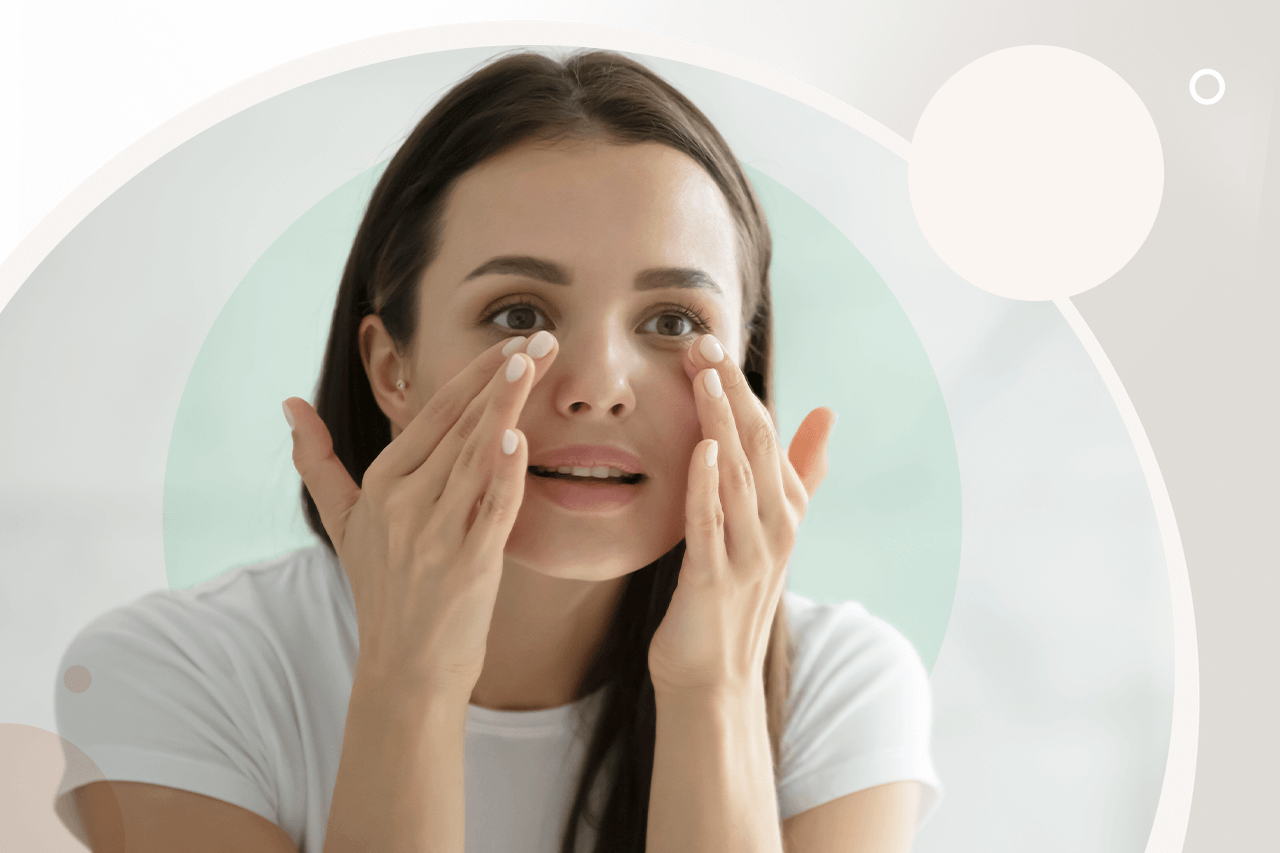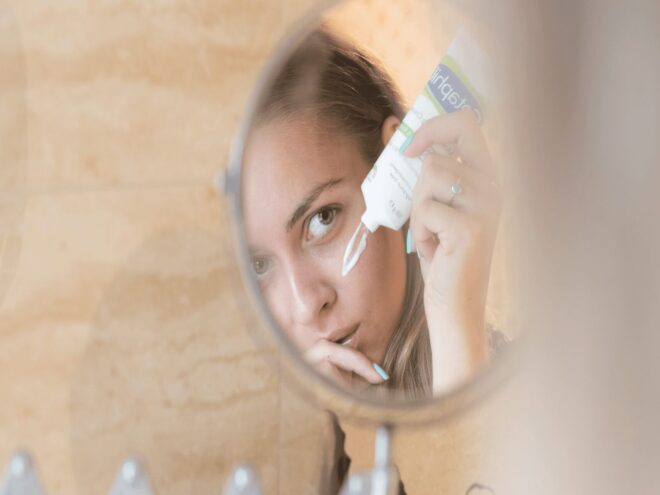Wellness • 04/12/2021
What Causes Puffy Eyes? Common Causes and How You Can Reduce the Swelling

Revivalist is a reader-supported endeavor and our posts may contain affiliate links. When you buy through links on our site, we may earn an affiliate commission.
Your alarm goes off in the morning and you’re ready to conquer your day, but the mirror reveals puffiness around your eyes. What causes puffy eyes? And what can you do about it? You don’t have to trudge through the day worrying about your comfort and appearance. Read about these common causes of eye puffiness and how you can reduce the swelling. It doesn’t have to be an ongoing problem when the solution is a simple fix.
What Causes Puffy Eyes?
Swollen eyes are distracting and uncomfortable. You might strain your vision and feel awkward while you’re around friends and coworkers. Consider if one of these factors may have caused your current puffiness to better understand what triggered it.
Common Seasonal Allergies
Pollen can make your eyes itch and swell during the early weeks of spring. Even if you can’t see the yellow dust over your car or on nearby trees, it can still trigger a strong histamine response by floating through the air.
Recent Extended Crying
Intense, prolonged crying might make your eyes swell. The force of crying can create pressure around the eyes and excess tears absorbing into your skin could add to the puffiness. If you’re crying because of a panic attack, use breathing exercises to calm down before attempting to reduce the swelling.
Little to No Sleep
A recent study found that participants who didn’t get a full night of sleep experienced decreased eye openness due to swelling. Functioning without enough sleep puts more stress on your body and results in side effects like eye puffiness.
Consider why you might not sleep enough to figure out how to fix the problem. You could go to bed late or experience terrifying stress dreams that wake you up before your alarm clock. Look for nightly trends to figure out what steals your sleep.
Too Much Sodium Intake
High-sodium foods like french fries, processed cheese and chips might contain too much salt for your body to handle. When you eat too much sodium, your cells retain water and cause bloating in different parts of your body. Analyze your diet and look for healthier alternatives if you suspect that sodium is one of the causes of your puffy eyes.
Developing Eye Infection
Swelling is also a response to bacteria or viruses entering mucous membranes that cover the whites of your eyes. Monitor any additional puffiness and pay attention to other symptoms that could indicate an infection, like redness or pain.
Ongoing Smoking Habit
Any kind of smoke that’s close to your face could cause puffy eyes. It irritates the tear film and triggers inflammation. It could be time to quit a smoking habit if you can’t find any other possible causes of eye swelling.
Clogged Tear Duct
Your tear duct can become clogged if microscopic environmental or makeup particles wedge into the space. It may also cause redness, blurred vision and pain if the duct stays clogged for more than a few hours.
How to Reduce Swelling
After monitoring your symptoms and considering the many causes of puffy eyes, these are a few ways to reduce the swelling.
Try an Allergy Medication
Allergy medications use antihistamines to fight the body’s natural response to seasonal responses to allergens like pollen. Taking one every day for the first few weeks of spring may solve your puffy eyes. Gently press a warm, damp washcloth to each eye for additional relief.
Apply an Ointment
Anti-inflammatory ointments are often what solve swelling and redness, even on your eyes. Apply it carefully so none of it enters your eyes to calm your skin cells after not getting enough sleep or eating too much sodium.
Use Eye Drops
Some eye drops reduce both swelling and redness by using low doses of antihistamines. They might provide relief in addition to allergy medications or healing ointments. If the over-the-counter versions don’t work, stronger eye drops are available with a prescription.
Get More Sleep
Solving your eye puffiness might only require changing your nightly routine. Think about how long you stay up every night and try new sleep tricks to relax your mind before drifting off to happy dreams.
Adjust Your Diet
Swollen eyes might inspire your next healthy diet changes. Adjusting what you eat may help if you monitor your sodium intake. Look for low-sodium labels and unprocessed foods to cleanse your body of water retention.
When You Should See Your Doctor
If you try to reduce your eye swelling with these tips and nothing changes, it’s time to see your doctor. They might refer you to an eye care specialist if the issue is more serious. Either way, you’ll get a professional opinion on what could be an underlying condition and find relief faster.
Relieve Swelling Today
There are many causes for puffy eyes and numerous ways to combat them. Consider your current lifestyle and recent experiences to determine what’s most likely causing your swelling. At-home solutions like warm compresses, stress reduction and even dietary changes might end the puffiness and provide lasting comfort.
Subscribe to Our Weekly Newsletter
We would love to connect deeper with you!


